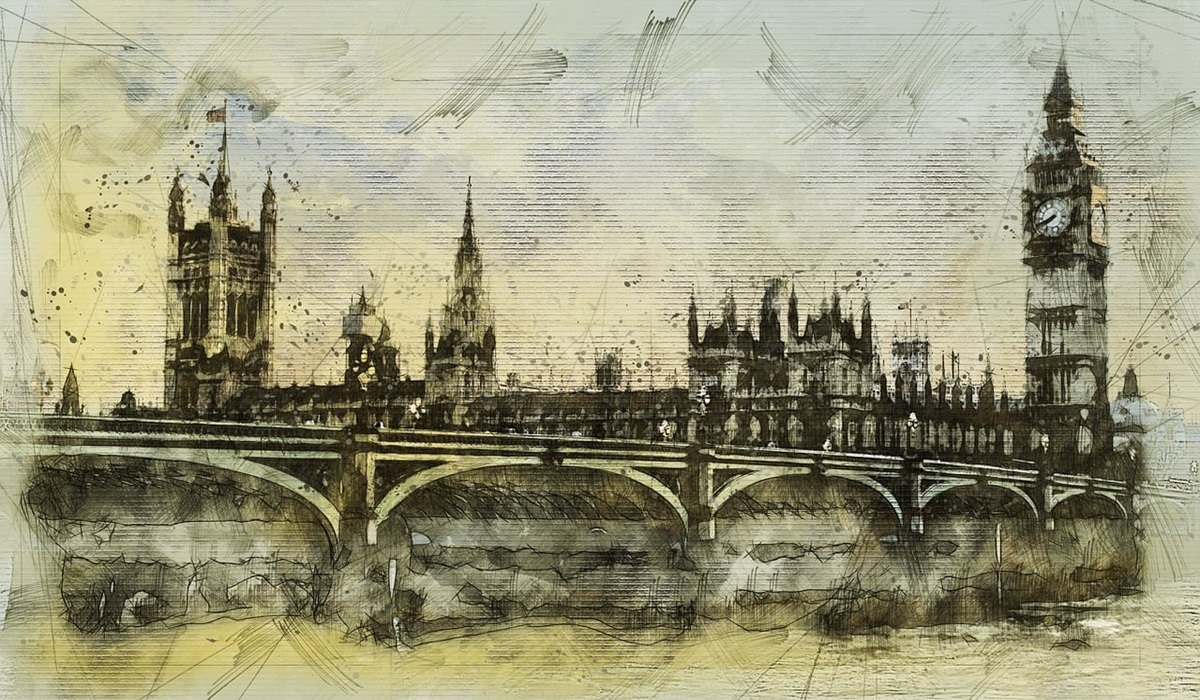Image credit, ArtTower
In the complex realm of governance, there’s a fine line between maneuvering the truth in the interest of the nation and upholding citizens’ trust. Yet, in today’s digital age, this balance seems increasingly elusive. Despite relentless online fact-checking, public officials persist in blurring truth and fiction, further undermining public trust.
Today’s world is inundated with information, courtesy of the internet. Citizens now have unprecedented access to knowledge, enabling them to verify statements made by public figures instantly. Yet, amidst this transparency, officials continue to peddle half-truths and misinformation, often under the guise of safeguarding national interests.
The consequences of this trust erosion are evident globally. Wars persist, fueled by political motives and power struggles. Scandals, disinformation, and misinformation abound, clouding public discourse. In this environment, citizens grapple with a fundamental question: can we rely on our elected representatives?
The answer isn’t straightforward. While some officials genuinely believe they act in the nation’s best interest, their methods often sacrifice truth and transparency. The allure of manipulating facts to suit an agenda is strong, particularly in a time when perception often outweighs reality.
Furthermore, the rise of social media exacerbates the issue. Officials can bypass traditional media channels, crafting narratives divorced from reality. Social media echo chambers reinforce these narratives, blurring the lines between fact and fiction.
In such an environment, it’s unsurprising that trust in government institutions is at an all-time low. Democracy relies on accountability and transparency, yet these principles seem elusive. When citizens are inundated with conflicting information, disillusionment and apathy ensue.
The consequences of this distrust are significant. In a democracy, government legitimacy depends on public consent. When citizens mistrust officials, the social contract frays. Democracy becomes vulnerable to exploitation by those with malicious intent.
So why do officials persist in this cycle? Power, ambition, and ideology play roles. Some prioritize power over moral considerations. Others are blinded by ideology. Fear of appearing weak drives others to maintain a facade of strength.
Regardless of their motives, officials hold a sacred trust with citizens. In a democracy, officials are tasked with upholding the public good. Betraying that trust undermines democracy itself.
How do we move forward? By recommitting to truth, transparency, and accountability. Officials must embrace honesty and eschew manipulation. Citizens must hold officials accountable and challenge falsehoods. Only through collective action and a commitment to democratic principles can trust be restored, and a better future forged.









